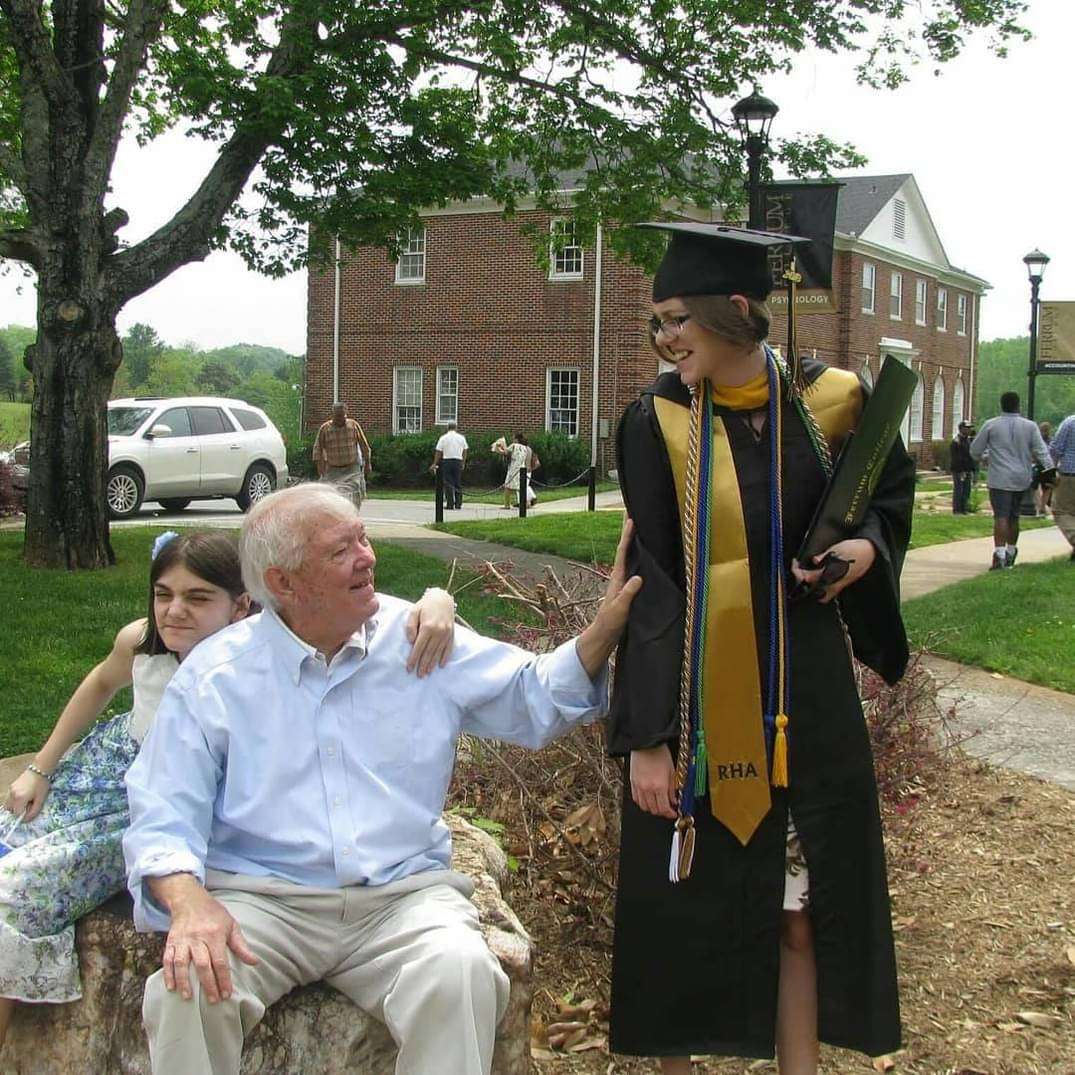By ALEX SPROVERI
Featured Columnist
Democratic state senators stormed out of Wisconsin’s legislative chambers last week to prevent the state’s Republican majority and tea party Governor Scott Walker from passing a bill that would sharply curb collective bargaining rights in an attempt to ease the state’s budget deficit.
In Wisconsin, this has resulted in a legislative standstill, as 19 Senate Republicans fall short of the necessary 20 required to hold a vote on the measure.
On the Capitol grounds, however, the debate was kept very much alive as 25,000 protesters called for an end to the legislation.
The proposal restricts the ability of public employees to collectively bargain for wages under unions, which would not be allowed to collect dues.
In order for this policy to actually lead to a closing of the budget gap, it must be designed to do so by stripping unions of their vital abilities to protect benefits and pensions.
For Republicans, it is clearly a drive to energize their base, which is typically anti-labor and pro-corporation.
For Democrats, it is an uncompromising, arbitrary plan that would intrude into the livelihood of their loyal union base.
For the state’s two major political parties, union rights have become a highly contentious issue. That is why Democrats left Wisconsin, placing the spotlight on the remaining Republicans and their anti-populist legislation.
That is also why Republicans refused to look at other options, such as targeting more wasteful spending or lessening the degree to which tax cuts are given to the state’s wealthier citizens.
If the situation was reversed and Democrats advocated remedying the deficit with an increase in the corporate tax rate, Republicans would undoubtedly capitalize on the political opportunity of leaving the legislative deliberation.
But for the public workers who will be affected, the importance of the issue goes far beyond the political arena.
It is the power of the unions that protect their wages and benefits.
Additionally, the bill requires public employees to pay for half of their pension plans, and more than double their contractually agreed-upon rate for health care.
With these drastic cuts, public employees would be forced to reevaluate their ability to send their children to college or to provide them with health care.
In addition to the losses that public employees would suffer, Wisconsin would likely chase away many of its most talented educators with this legislation.
The highest quality teachers find positions with the most attractive compensation, which is typically a product of union negotiation.
Of the five states that have outlawed collective bargaining rights for educators, four have the worst ACT and SAT scores in the nation – S.C., N.C., Ga., and Texas.
Wisconsin public schools, under current union rights, rank second in the country.
The people of Wisconsin will not offer their careers and prosperity as gambling chips for the Republican party to wager on a more energized anti-union voting base.
But with the preponderance of labor strikes in American history, one may expect this story to be drowned out by overreaching, greedy demands of unions in the past.
This time, however, the protesters’ calls for the protection of workers echoed across the globe.
When Wisconsin’s public teachers joined the movement, support came from the least likely places.
Donors from all across America and 10 foreign countries called in to local restaurants to bring food to the protesters so that they could continue their cause.
In an interesting turn of events, activists in Cairo donated pizzas to the teachers, as Politico reported on Sunday.
In such a short time, the movement that received overwhelming international support has come to pay it forward to other worthy causes.
Just as the federal government has felt tough political pressure because of the recession, state governments have come to react as well.
This has resulted in states taking on more debt. But when a political party reaches out to its opposition’s base to find a scapegoat, the effects will be widespread.
Essentially, a party that granted excessive tax breaks is blaming the workers of Wisconsin for seeking just compensation, which the state had consented to contractually, for the services they provide to the public.
The only solution to this dilemma involves compromise with the Democrats to find a smart, reasonable solution to reducing debt.
The Republican Party of Wisconsin needs to recognize the importance of the chip that they currently wager for political points—the world already has.





